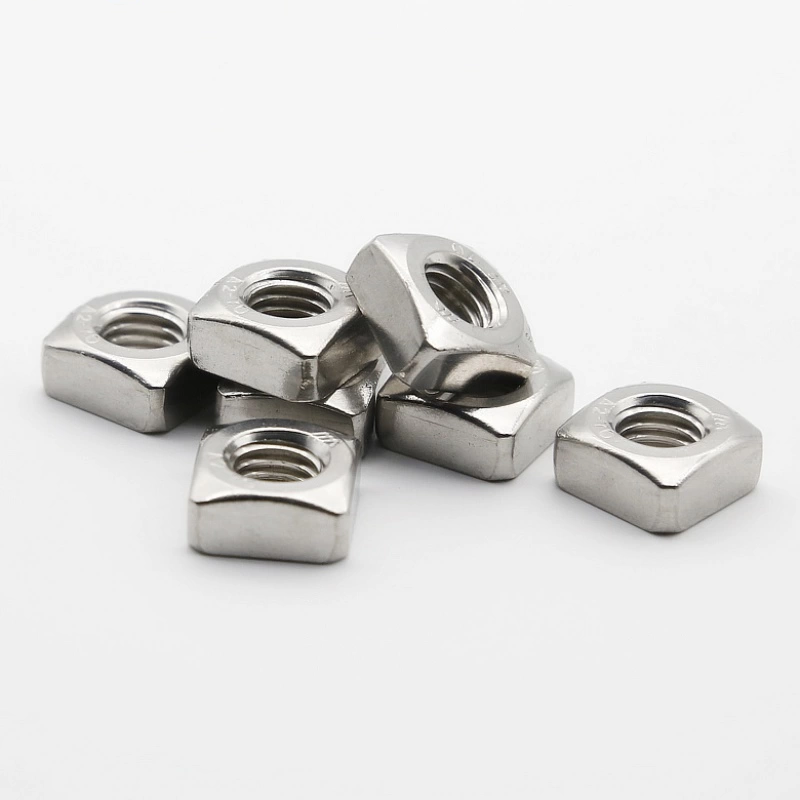

Self Tapping Screw Manufacturing Process and Quality Standards for Optimal Performance
Dec . 09, 2024 23:39 Back to list
Self Tapping Screw Manufacturing Process and Quality Standards for Optimal Performance
The Essential Role of Self-Tapping Screw Factories in Modern Manufacturing
In today's fast-paced manufacturing landscape, the significance of self-tapping screws cannot be overstated. These specialized fasteners are essential components in a wide array of applications, from household appliances to automotive assembly, and even in the construction of complex machinery. The factories dedicated to their production play a crucial role in ensuring the quality, efficiency, and availability of these essential fasteners.
Understanding Self-Tapping Screws
Self-tapping screws are designed to create their own hole in the material they are being fastened to. This feature makes them valuable in situations where pre-drilling is impractical or impossible. Typically, they have sharp threads that allow them to penetrate materials like wood, metal, and plastic with ease. The ability to form their own threads makes self-tapping screws particularly appealing in industrial settings, where time and precision are of the essence.
The Manufacturing Process
The production of self-tapping screws involves several steps, each critical in ensuring the final product meets industry standards. It all begins with the selection of high-quality raw materials. Factories use various types of steel, brass, and sometimes even plastics, depending on the intended application of the screws.
Once the materials are selected, the manufacturing process usually includes cold heading, where the raw material is shaped into a rough screw form through a series of dies. This is followed by thread rolling, which creates the intricate threading required for efficient penetration and holding power. Heat treatment may also be applied to enhance strength and durability, particularly for screws meant for heavy-duty applications.
Quality control is pivotal throughout the manufacturing process. Factories employ sophisticated machinery and inspection techniques to test the integrity of each batch of screws produced. This includes checking the threading consistency, overall dimensions, and hardness, ensuring that every screw meets stringent specifications before it reaches the market.
self tapping screw factory

Innovation and Technology
Self-tapping screw factories are constantly innovating to keep up with the evolving demands of the manufacturing industry. Automation has revolutionized many aspects of production, reducing labor costs and increasing efficiency. Advanced computer numerical control (CNC) machines allow for precise manufacturing and contribute to the scalability of operations.
Furthermore, there is a growing trend toward sustainability in manufacturing. Many factories are now focusing on eco-friendly practices, such as recycling scrap metal and reducing waste. The development of corrosion-resistant coatings also reflects a broader commitment to sustainability, ensuring that self-tapping screws last longer and perform better in various environments.
The Global Market
The demand for self-tapping screws is not limited to one region; it is a global market. Factories producing these fasteners often export to various countries, contributing to international trade and economic growth. Understanding the global market dynamics, including shifts in industrial demands and the emergence of new markets, is critical for factories aiming to remain competitive.
Conclusion
Self-tapping screw factories are vital to the backbone of modern manufacturing. They exemplify the intersection of technology, efficiency, and quality craftsmanship. As industries continue to evolve and new challenges arise, these factories are poised to adapt and innovate further, ensuring that they meet the needs of their customers while maintaining high standards of production. The future of self-tapping screws looks promising, and as they continue to enhance various applications, their manufacturing origins will remain crucial to their success.
Latest news
-
High-Strength Hot Dip Galvanized Bolts - Hebei Longze | Corrosion Resistance, Customization
NewsJul.30,2025
-
Hot Dip Galvanized Bolts-Hebei Longze|Corrosion Resistance&High Strength
NewsJul.30,2025
-
High-Strength Hot-Dip Galvanized Bolts-Hebei Longze|Corrosion Resistance&High Strength
NewsJul.30,2025
-
Hot Dip Galvanized Bolts-Hebei Longze|Corrosion Resistance&High Strength
NewsJul.30,2025
-
Hot Dip Galvanized Bolts - Hebei Longze | Corrosion Resistance, High Strength
NewsJul.30,2025
-
High-Strength Hot Dip Galvanized Bolts-Hebei Longze|Corrosion Resistance, Grade 8.8
NewsJul.30,2025

